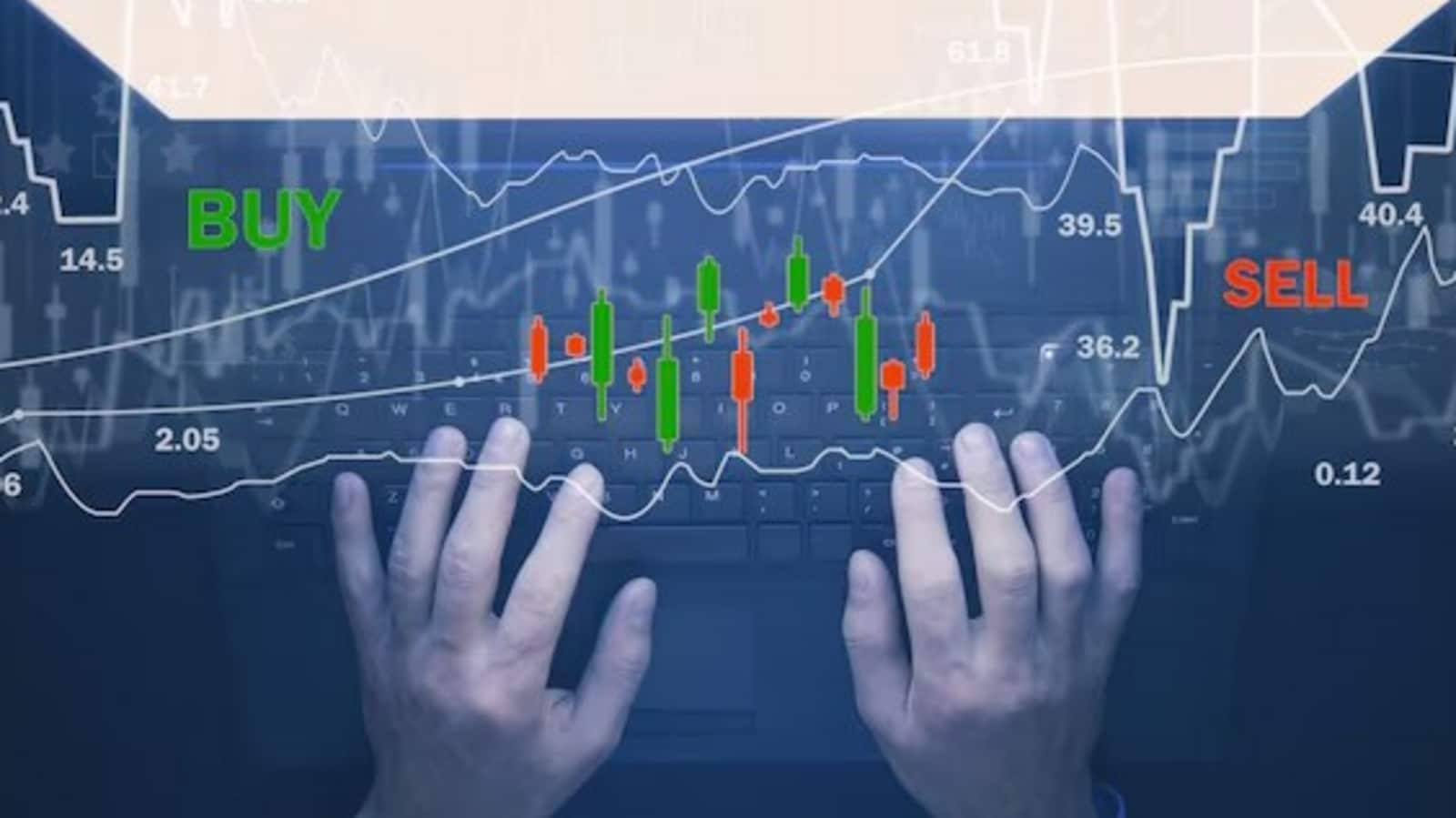Volatility is an inevitable aspect of equity markets, yet it is often misunderstood. While volatility represents short-term fluctuations in stock prices, it is not synonymous with risk. Learning to ride through periods of volatility can turn market unpredictability into a long-term wealth creation opportunity.
Let’s learn about volatility in detail, understand its causes and how you can manage it effectively.
What is volatility and why is it inevitable?
Volatility refers to the rise and fall of stock prices in a short period of time. It is an intrinsic part of equities as an asset class due to factors such as investor sentiment, global economic events and corporate performance.
For example, Nifty 50 Total Return Index (TRI) grew at an annual rate of 19.9% over the last five years (2019-2024)Despite this strong growth, the journey was marked by a period of rapid reforms and reforms. These fluctuations, while troubling, are temporary and highlight the need for a long-term perspective.
How Stock Prices Change: Demand-Supply Dynamics
Stock prices are influenced by demand and supply in the market.
Volatility vs. Risk: What’s the difference?
While often used interchangeably, volatility and risk are different concepts:
How to understand risk in investment?
asset class risk profile
Different asset classes have unique risk profiles. Within equities, risk varies across categories.
conclusion
Volatility in equity markets is inevitable but not something to fear. By understanding its causes and leveraging strategies like asset allocation, disciplined investing and SIPs, you can turn volatility into profit.
Remember, the market rewards patience and discipline. Stick to your financial plan, focus on long-term goals and avoid reacting to short-term noise. With the right mindset and strategies, you can deal with market volatility and achieve your financial aspirations.
(The author is Co-Founder and Executive Director, Prime Wealth Finserv Pvt. Ltd.)
Disclaimer: The above views and recommendations are those of individual analysts or broking companies, and not of Mint. We recommend investors to check with certified experts before taking any investment decision.











